ICC prosecutor: Sudan govt cooperation wavers in wake of ‘efficient’ Darfur war crimes trial
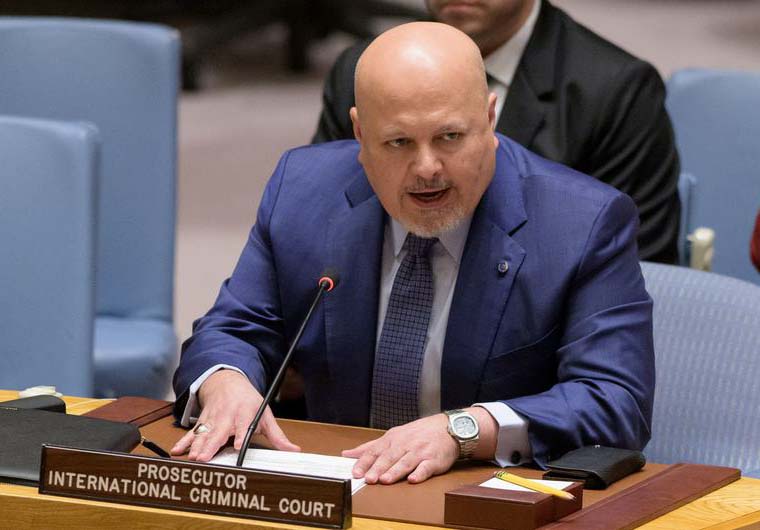
ICC Chief Prosecutor, Karim Khan, briefs the UNSC (Photo: UN / Manuel Elías
NEW YORK –
The International Criminal Court (ICC) in The Hague, the Netherlands, has made “swift progress” in the trial of former janjaweed leader Ali Muhammad Ali Abdelrahman (known as ‘Ali Kushayb’) who stands accused of 31 counts of war crimes and crimes against humanity in Darfur between 2003 and at least 2004. However cooperation with the Sudan government has deteriorated, ICC Chief Prosecutor Karim Khan said in his 36th report to the UN Security Council (UNSC) in New York on Wednesday.
Presenting his 36th report, prosecutor Karim Khan updated the UNSC on proceedings against Ali Kushayb, who has been charged with 31 counts of war crimes and crimes against humanity.
“I’m delighted to say that the trial is making swift progress and the prosecution intends to close its case by the end of next month,” said Khan. “As reflected in the report, this therefore makes the pace of the trial the most efficient since the establishment of the court,” he added.
During the trial that began in April, 50 witnesses have given harrowing testimony over a period of 78 days in session.
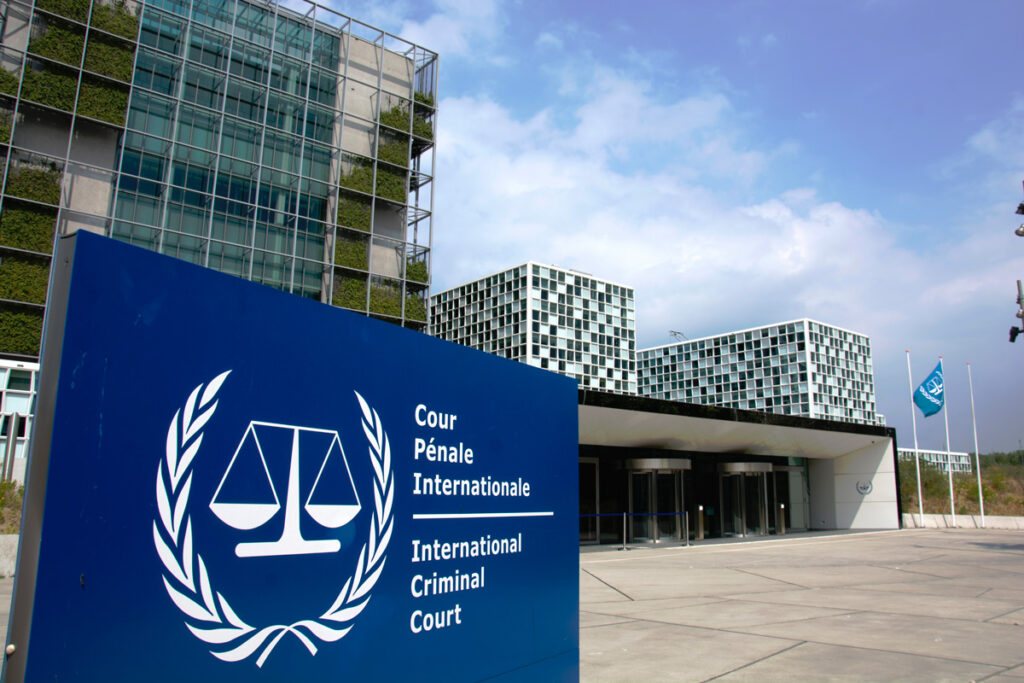
“These witnesses have had the opportunity to confront the accused, to have their accounts tested before independent impartial judges, creating a record that will pave the way at the end of the process for a determination to be made on what took place and whether the accused is responsible,” he said.
Although cooperation from the Sudanese Government is critical, the ICC prosecutor reported that many important promises and agreements – including Memoranda of Understanding signed during his visit to Khartoum last year – remain outstanding.
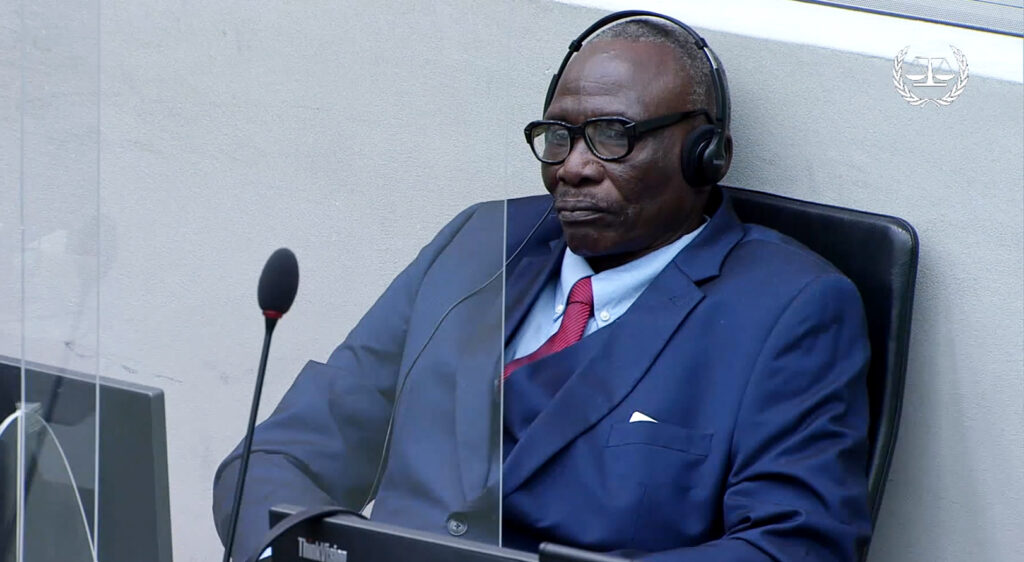
“And indeed, it’s my unfortunate duty to say that cooperation has deteriorated, not improved, since my last briefing,” he said.
‘Sisyphean efforts are required in order to simply obtain a single entry visa…’
Despite commitments, access to the country has become more difficult due to “new administrative hurdles”, and “Sisyphean efforts are required in order to simply obtain a single entry visa…”
Even when ICC staff have entered Sudan, they must wait for internal travel permits, including to go to Darfur. The Court also has not received assistance with accessing public locations such as the National Archives, nor formal approval to establish an office in Khartoum.
‘A change in posture is needed in Sudan…’
Khan stressed that “a change in posture is needed” in Sudan, though emphasising his willingness to engage with the Sudanese government.
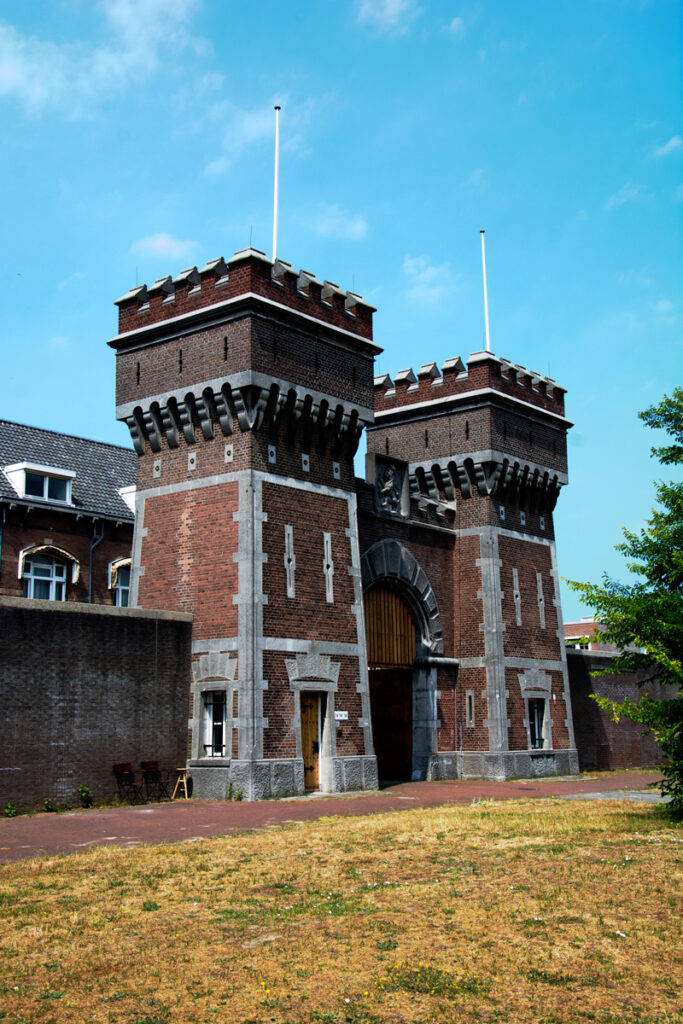
“And if we do not see a change of approach, I may have no option in the next report but maybe to commend certain other action by Member States in the next period,” he said.
Prosecutor Khan expressed hope that his next briefing to the Council will reflect “a renewed common effort” between his office and the Sudanese authorities.
Background:
The ICC issued arrest warrants against former Minister for Humanitarian Affairs, Ahmed Haroun, and Kushayb in 2007. Kushayb was transferred to the ICC’s custody on June 9, 2020 after surrendering himself voluntarily in the Central African Republic. Upon his arrest, the Sudanese government announced its support for his transfer to the ICC. Kushayb is also charged with a number of crimes by the Sudanese authorities.
As previously reported by Radio Dabanga, Kushayb initially appeared before the ICC on June 15 2021. He then appeared before Pre-Trial Chamber II on May 24-26 to hear submissions from the prosecution and legal representation of the victims.
From the start of pre-trial proceedings, Ali Kushayb’s defence has always pivoted on ‘mistaken identity’, saying that he is not the person who perpetrated these crimes. However, on the opening day of the trial on Tuesday, senior trial lawyer for the prosecution, Julian Nicolls, told the court that the prosecution intends to present several witnesses (referred to only by a number for anonymity), who will testify that the accused is indeed Ali Kushayb, the feared so-called ‘Colonel of Colonels’.
(Sources: UN / RD)









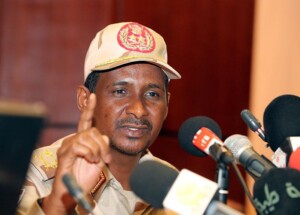

 and then
and then